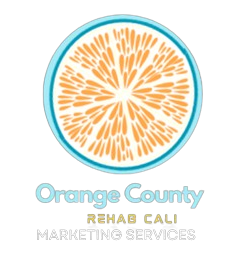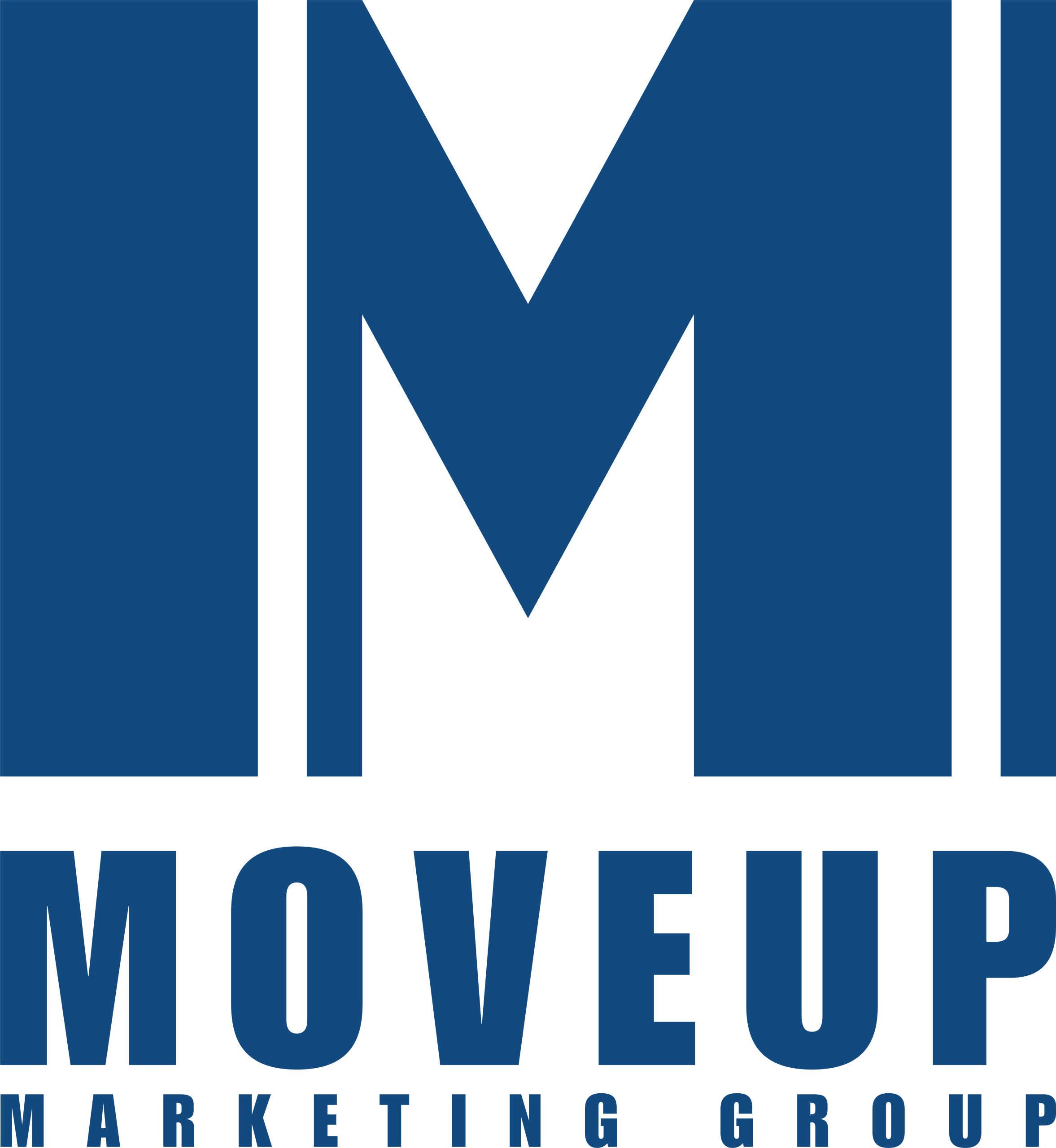Residential Treatment Center Marketing
in Orange County
If you or a loved one wants to be sober and is looking for an addiction treatment center in Orange County, California. We can 100% help you find one that is best suited to your needs. Addiction impacts many lives all over the world. So, the good news is you are not alone. Many people struggle with addiction to substances and even certain behaviors. Addiction is actually a disease, and much like cancer, it needs to be put into remission. Once addiction is controlled, and you apply the proper coping skills to keep it under control, you will be able to live a normal healthy life. Ready to get sober?
What is an Addiction
Treatment Center?
An addiction treatment center is a specialized facility designed to help individuals struggling with addiction to substances such as drugs or alcohol. These centers provide a structured and supportive environment where individuals can embark on their journey to recovery. Unlike general healthcare facilities, addiction treatment centers focus specifically on overcoming addiction, offering a combination of medical care, psychological support, and personalized treatment plans. An addiction treatment center is also referred to as a rehab. If you are looking for a treatment center near you in Orange County, California then reach out to us today!
Why a Treatment Center in Orange County, California?
Orange County, California is a safe and peaceful recovery haven for people in recovery. OC is known for its stunning beaches and iconic landmarks like Disneyland, Universal Studios and historical sites. It is calming and beautiful and sunshiny all year around. This is why it is such a fantastic place to recover in. Going to a treatment center in Orange County, California, you can rest assured you will be treated really well. The people here are very warm and friendly, and the environment is beautiful and provides you with serenity. California is really paradise, and especially the Orange County area as it is in the southern part of California. There are many cities in the OC and you can find different gems like fun eateries, really gorgeous beaches, free yoga, petting zoos, artistic cities etc. So, when you recover and you have a job here, you can really feel free and enjoy life better. We have people that come to our Orange County addiction treatment facility from all over the U.S. and we are so glad you are here with us. Need a great spot to recover?
Different Types of Addiction Treatment Centers in Orange County
In Orange County, California and all over the U.S., there are various types of addiction treatment centers. If you are new to recovery, then it’s great you are here because we can give you a run down on what types of treatment centers there are and how they can help you or the person you love that you want to help. Here are the types of treatment centers available to you through your insurance or private pay options:
Residential Treatment Centers (RTC): These facilities offer intensive inpatient programs where individuals live on-site. Treatment typically includes medical detox, individual and group therapy, and various holistic activities. The immersive nature of RTCs helps individuals focus solely on recovery, away from everyday stressors and triggers.
Outpatient Treatment Centers: These centers allow individuals to live at home while attending treatment sessions several times a week. This option is suitable for those with mild addictions or as a step-down from an RTC. It offers flexibility, enabling individuals to maintain their daily responsibilities while receiving treatment.
Intensive Outpatient Treatment Centers: These centers can be a hybrid between a standard outpatient aftercare program and PHP (Partial Hospitalization Programs). They can offer individuals that live at home or at a sober living the flexibility of getting therapy and medically assisted treatment during the week. It is an ideal solution for someone who has to work or take care of family but still needs guidance, medicine and therapy. These can also be called Rehabs, IOP’s, IOP Programs on Intensive Outpatient programs.
Partial Hospitalization Programs (PHP): PHPs provide a middle ground between inpatient and outpatient care. Patients spend several hours each day at the treatment center but return home in the evenings. This format is ideal for those who require more intensive treatment than typical outpatient care but can manage to stay at home.
Sober Living Homes: These are residential facilities that offer a drug and alcohol-free environment for individuals who have completed treatment but are not yet ready to return to their regular lives. They provide a supportive community and a structured lifestyle, helping residents transition back into society.
Medical Detoxification: The first step in many treatment programs, detox involves medically supervised withdrawal from addictive substances. This process helps manage the physical symptoms of withdrawal safely and is often accompanied by medication to ease discomfort. A medical detox is so important if you need to clean out the substances from your body. It is the quickest and safest way to get clean without putting so much pressure on your body and mind. Do you need help now?
Types of Therapies at an Addiction Treatment Center
Addiction is a very mentally taxing disease to have, and as such an addiction treatment center has some therapy options for you. Here are some of those options that you would find at an Orange County addiction treatment center:
Behavioral Therapies:
Cognitive-Behavioral Therapy (CBT): CBT helps individuals recognize and change harmful thought patterns that contribute to their addiction.
Dialectical Behavior Therapy (DBT): DBT focuses on improving emotional regulation and developing coping strategies to manage stress and reduce substance abuse.
Motivational Interviewing: This method enhances an individual’s motivation to change by resolving ambivalence about recovery.
Group Therapy and Support Groups: These sessions provide peer support and a sense of community. Participants share experiences and coping strategies, facilitating mutual support and understanding.
Family Therapy: Many centers include family therapy as part of the treatment process, addressing the impact of addiction on family dynamics and improving communication and relationships.
Holistic Therapies: These include yoga, meditation, art therapy, and equine therapy, among others. Holistic therapies aim to treat the whole person, not just the addiction, focusing on mental and spiritual well-being.
Dual Diagnosis Treatment: This approach is for individuals who have co-occurring mental health disorders alongside their addiction. It treats both conditions simultaneously, recognizing the interconnection between mental health and substance abuse.
Therapy is helpful and very healing and can speed up the process of recovery when performed by the right therapist. It is so important that your therapist remains unbiased and maintains a non-judgmental perspective throughout your entire session of therapy. If you feel like you need therapy with your addiction treatment for a better recovery, contact us today.
Personalized Programs in OC Addiction Treatment Centers
Personalized treatment programs at Orange County treatment centers are designed to cater to your personal needs. Unlike a one-size-fits-all approach, these programs consider the specific circumstances, substance use history, mental health, lifestyle, and personal preferences of each person. The goal is to provide the most effective treatment path that resonates with the individual’s unique journey towards recovery. Here is how it begins:
Assessment and Customization
The journey to your recovery begins with a comprehensive assessment. This involves detailed discussions with healthcare professionals, including doctors, therapists, and counselors, to understand your substance use history, mental and physical health, family dynamics, and any co-occurring disorders. This assessment is crucial in crafting a personalized treatment plan that addresses all aspects ofyou’re your condition.
Components of a Personalized Treatment Program
Detoxification: For many, the first step is detoxification, which is tailored to the type and severity of the addiction. Medical professionals may use specific medications to ease withdrawal symptoms and monitor the individual’s health throughout the process.
Therapy and Counseling: The core of most treatment programs involves various forms of therapy. This could include:
Individual Therapy: One-on-one sessions with a therapist to delve into personal issues and develop coping strategies.
Group Therapy: Facilitated group sessions where individuals share experiences and learn from others.
Family Therapy: Involving family members to address relational issues and improve support systems.
As mentioned, in addition to this, Behavioral Treatments: Techniques like Cognitive-Behavioral Therapy (CBT) or Dialectical Behavior Therapy (DBT), Dual Diagnosis Treatments, and Holistic Treatments are often used, tailored to help the individual modify their behavior and thought patterns related to substance use.
Continuous Evaluation and Adaptation
A key aspect of personalized treatment is continuous monitoring and adaptation. As individuals progress, their needs may change, and the treatment plan is adjusted accordingly. This flexibility ensures that the program remains effective throughout the recovery journey.
Aftercare Planning
A personalized treatment program doesn’t end with the initial treatment phase. Comprehensive aftercare planning is a crucial component. This may include ongoing therapy sessions, support groups, or connections to community resources. The aim is to support long-term recovery and prevent relapse.
The Benefits of a Personalized Approach
Such an individualized approach offers numerous benefits:
- Addresses the unique root causes of addiction for each person.
- Increases engagement and commitment to the treatment process.
- Enhances the likelihood of long-term recovery and reduces the risk of relapse.
- Provides tools and strategies that are relevant and applicable to the individual’s life.
In conclusion, a personalized treatment program at an addiction treatment center is a dynamic and comprehensive approach that adapts to an individual’s evolving needs. By focusing on the person as a whole and considering their unique circumstances, these programs offer the best chance for successful recovery and a return to a healthy, fulfilling life.
Aftercare and Continued Support
Recovery from addiction is an ongoing process, and continued support after the initial treatment is crucial. Many addiction treatment centers provide aftercare planning, which may include outpatient therapy, support groups, and resources for sober living. This ongoing support helps individuals maintain their sobriety and continue applying the skills learned during treatment in their daily lives.
As you can see, addiction treatment centers play a vital role in the recovery process for those struggling with substance abuse. By offering a range of treatments and specialized care, they provide you with the tools and support necessary for long-term recovery. Understanding the types and methodologies of these centers can help individuals and their loved ones make informed decisions about seeking treatment and embarking on the path to a healthier, substance-free life. Ready to contact our addiction treatment center?


